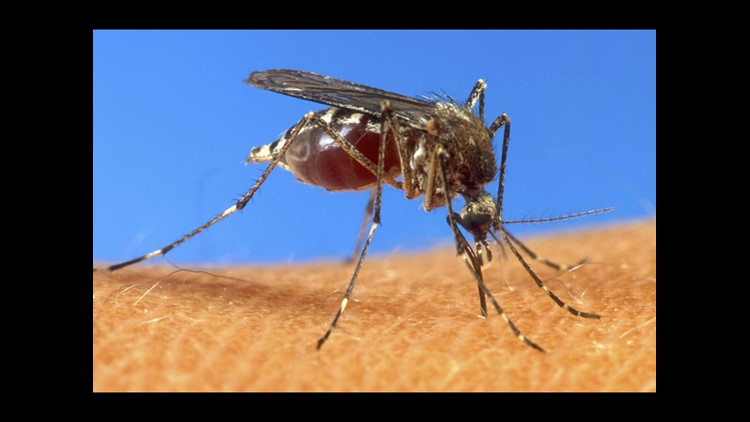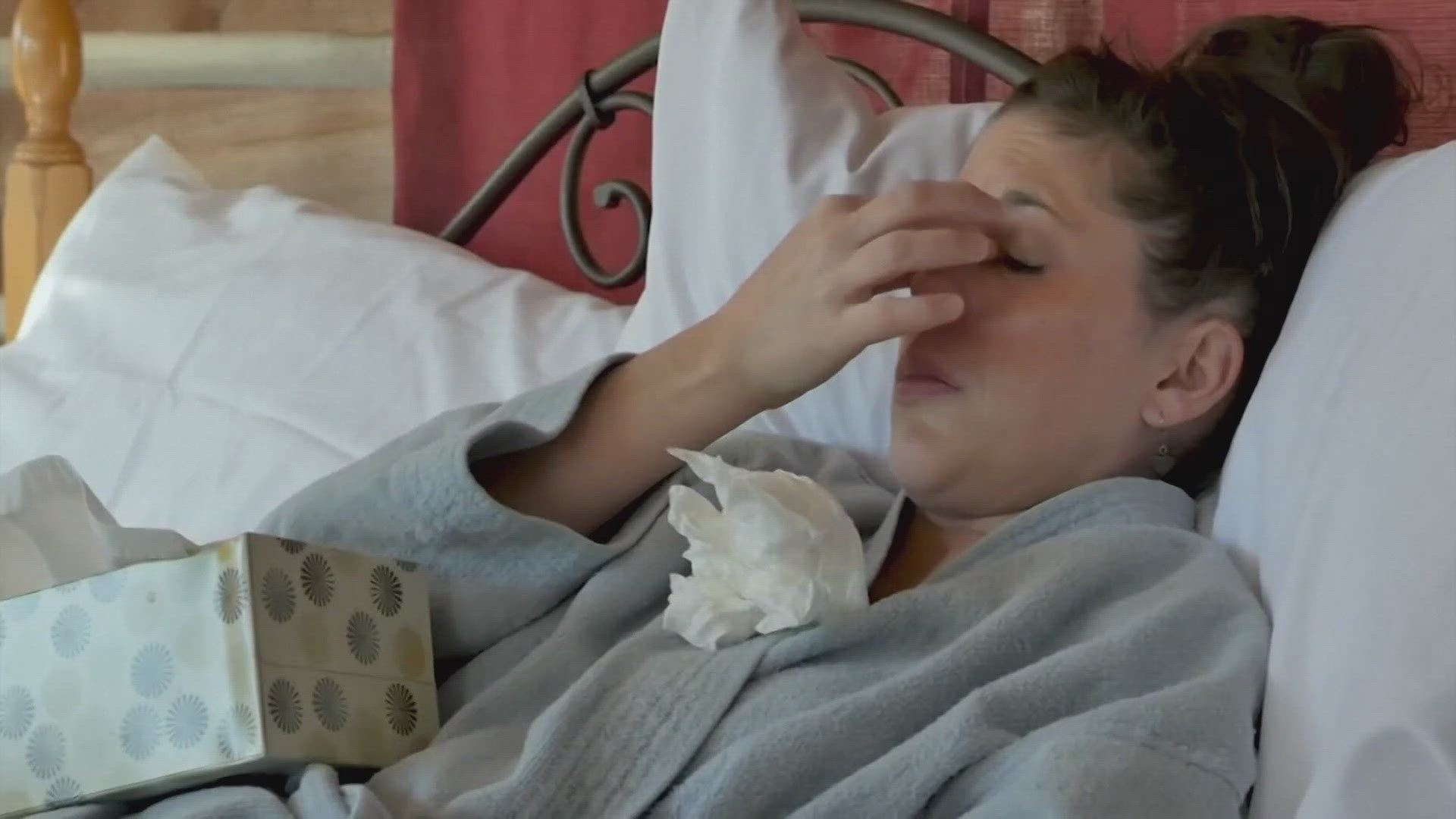![mosquito2[ID=8147409] ID=8147409](http://www.gannett-cdn.com/-mm-/4490270b8fcc57b6625650b689ab14b10aa6728a/c=124-0-1880-1500/local/-/media/WBIR/WBIR/2014/04/25/1398439868001-mosquito2.jpg) With warmer weather comes the rearrival of disease-carrying insects such as mosquitoes, which is why the Tennessee Department of Health is urging state travelers to be aware of the growing chikungunya virus.
With warmer weather comes the rearrival of disease-carrying insects such as mosquitoes, which is why the Tennessee Department of Health is urging state travelers to be aware of the growing chikungunya virus.
The first Tennessean to contract the virus did so this past year, and 42 additional cases followed. The one constant? All cases involved travel outside the state.
"Travel plans to warmer destinations should include necessary precautions to avoid mosquito bites," Health Commissioner John Dreyzehner said in a news release. "Because there is no vaccine to prevent chikungunya virus disease, the only way to prevent its spread is the effective use of repellants and personal protection strategies."
Chikungunya is rarely fatal but can cause fever, joint and muscle pain, headaches, fatigue and rash.
To best avoid the disease, use insect repellants, treat clothing with products containing permethrin, avoid perfumes and scented deodorants or soap, and wear long, loose and light clothing. These tactics also can ward off other diseases carried by mosquitoes, such as dengue, malaria and West Nile virus.



